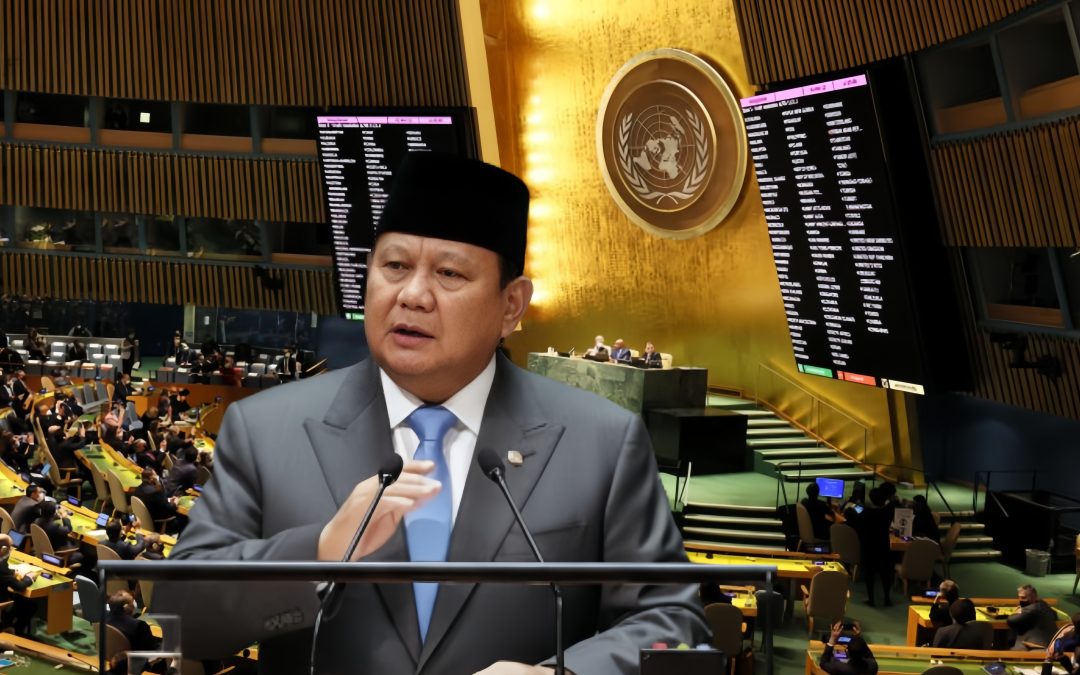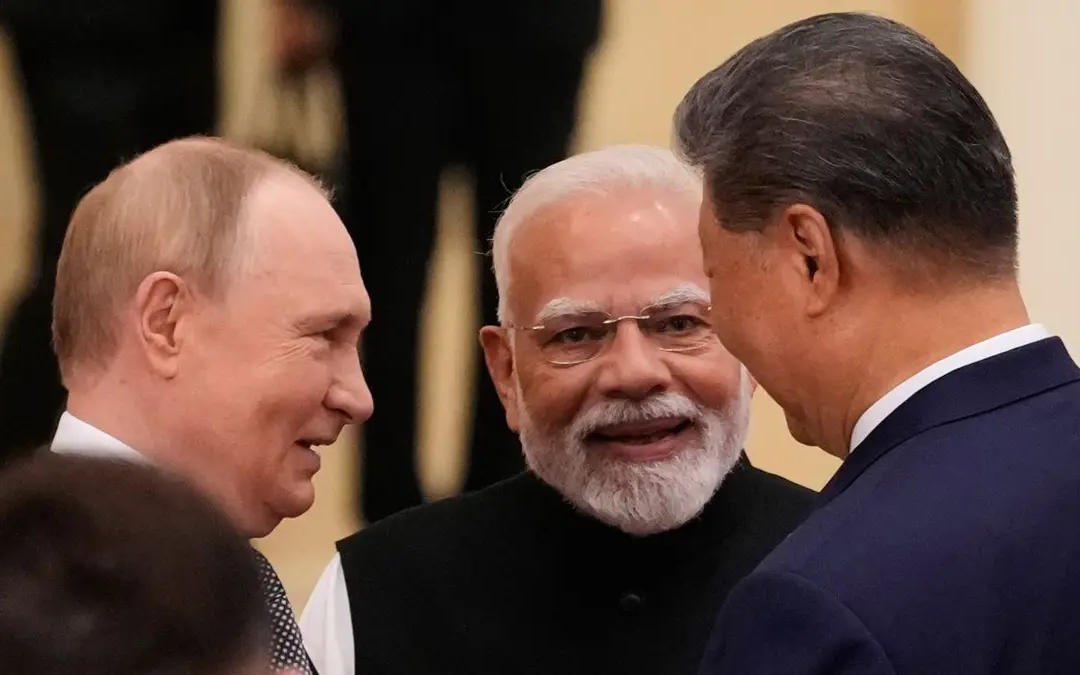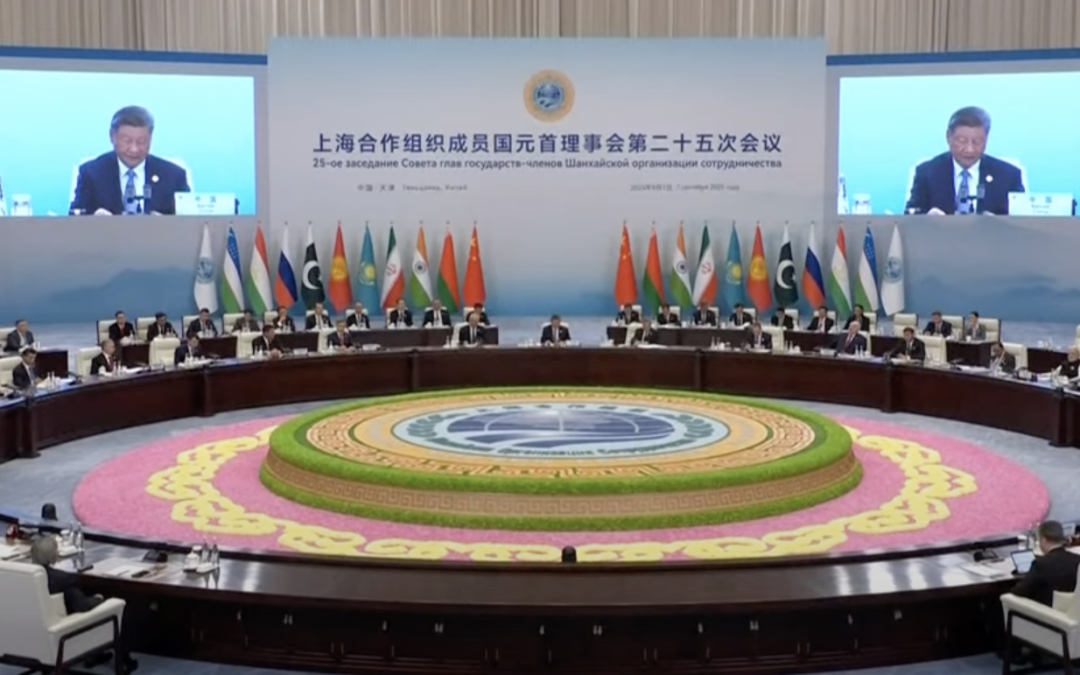Prof. Dr Jörn Dosch, Professor of International Politics and Development Cooperation, University of Rostock
Many people in Southeast Asia have been very skeptical about the progress already achieved by ASEAN as a regional organization. Many also see ASEAN plays very little role in the current turbulent global politics as being indicated by the unresolved Russian-Ukrainian war and Israel-Hamas conflict. The following narratives is Prof Jorn Dosch’s views to responds to the skeptical perception. In his view, ASEAN finds its difficulties in orchestrating common position to respond to recent global challenges. Yet he acknowledges that ASEAN has played remarkable role in the region and made commendable achievement, despite of huge differences in the political and economic developments of ASEAN member-states.
As we have seen in the current situation and what we have known for some time is how important regional organizations are. When the Cold War came to an end some 25 years ago, we had hoped that the whole world order would change. We would look forward to a new peaceful and stable world order without ideological conflict, without the rivalry of superpowers, without superpowers confronting each other.
Liberal democracy, as Francis Fukuyama suggested, had established itself as the only game in town. He suggested that we had seen the end of ideology, ideological conflict and international relations and all the military conflicts related to that.
President George W. Bush wanted to create a new world order in which the US as the only remaining superpower would come to the help of everyone who needed help in terms of resolving conflicts, disputes. So the global policeman would make sure that global order and security prevail in this new world order.
But we all know that this is not how the story has gone since then.
What we have seen is the emergence of other important actors in international relations. We have what everyone calls the rise of China, here in Europe, in North America and Asia, as well as in Southeast Asia that China has always been there. This is the perception that China has established itself as a global power. We see now, though we are still uncertain, the reemergence of Russia, at least the aspirations of Russia to the global power again.
But at the same time, we don’t only have states, as central important actors in international relations, we also have regional organizations.
EU’s Constructive and Essential Role
Here, we have the European Union who has played a very constructive role and essential role in maintaining peace and stability in Europe and contributing to economic development and welfare and all that. So the advantages of having this regional organisation here are tremendous.
In this current situation with the war and Ukraine that the EU has not lost its focus. This was the hope of putting that EU maybe playing the new member state off against each other; or that they would follow different paths; that some would maintain close relations with Russia and that it would not be possible for the EU to find a common position and a strong standpoint vis-a-vis Russia. But this hasn’t happened. The EU has managed to stand firmly together with few problems here and there.
I’m not going into the details, but what is clear is that the EU more or less speaks with one voice and has a very well-coordinated position vis-a-vis Soviet Russia, but also vis-à-vis other states like the United States, like China and so on.
But as it’s not without flaws, I don’t want to suggest that everything is just happy and without any problems. That’s not the case. But by and large, the EU has done very well in international relations.
ASEAN as the second most successful and important regional organization
ASEAN is often described as the second most successful and important regional organisation in the world, second only to the European Union.
And I think this is correct. ASEAN is now 56 years old, has established itself firmly as a major and very respected and very visible collective act in international relations.
Of course, there are differences between ASEAN and EU which have been discussed and highlighted many times. ASEAN is not a supranational organisation. The members states have not transferred national sovereignty to a higher level above the state.
The ASEAN Secretariat in Jakarta does not have the mandate and authority to act and take decisions on behalf of the member states, unlike the European Commission in Brussel which can do that. It has the mandate to do so to make decisions on behalf of everyone that’s super nationality. Not the case in ASEAN. The decision making is based on consensus, it’s based on consultation, it’s based on intergovernmental cooperation where the positions and the interests and the viewpoints of all the members states have been harmonized and coordinated all the time.
But, ASEAN’s role has been very important in the past and is still very important at the moment, and will be important in the future. I’m sure about that because there is no real alternative. We don’t have any other organisation in Asia in general which is as successful and respected as ASEAN and its initiatives to outreach other nations through various forums such as the East Asian Summit, ASEAN Plus 3, the ASEAN Regional Forum, which is all centered on ASEAN.
… ASEAN’s role has been very important in the past and is still very important at the moment, and will be important in the future.
So ASEAN is really at the centre of all these multilateral activities. Of course, we have other regional organisations too, but they don’t work and function in the same way.
So ASEAN is reliable in the sense that there are regular meetings; that there are regular dialogues with basically all the major big and medium powers in the world. And, and this has made ASEAN very successful.
Having said that, of course, there is sometimes the perception outside Southeast Asia, particularly among observers who are not that familiar with the situation Southeast Asia, who say, well, ASEAN could do more, ASEAN could take stronger positions. For example, in the current war against Ukraine, many people in Europe would like to see that ASEAN also speaks with one firm voice condemning the war in Ukraine, condemning the actions of Russia and so on.
But we know that this is very difficult to achieve such position given the different foreign policies and the different interests of the member states. And I don’t think we can blame any state for following their national interests. In ASEAN there are states that are closer to Russia for reasons that blind the past in some cases. Other states have very close relations with China that, that makes it very difficult, to get ASEAN on board as a partner when it comes to condemning human, the human rights situation in China for example.
And that’s for sure. On many occasions, although it was difficult for ASEAN to speak with one voice on important international issues, and that’s why ASEAN is important and we need ASEAN.
For a fact, ASEAN is seen as a very important partner, for example, for the European Union, that the reason why EU was even interested in further intensifying its relations with ASEAN. When you speak here in Germany with officials of the foreign affairs office, they also mention how important ASEAN is because it’s really not just an entry point to South East Asia, but it’s a reliable partner in also on global matters.
Of course, we could go through different issues and different international problems and analyze what has ASEAN done or ASEAN has not done maybe in some cases. What I always tell my students here and everyone who wants to listen is that we have to see that what has been achieved in South East Asia is very remarkable, given the very different political and economic situation in the 10 member states.
For a political scientist, Southeast Asia is a perfect place because if you can study any political system in the world, you find it in Southeast Asia. You would say consolidated democracy. In Indonesia, you just had elections which went very well. Not talking about the results and the outcomes, but has also been discussed here as a different topic, but I think that Indonesia is an established democracy.
But, of course, you have a military regime in Myanmar. You have authoritarian rule in Vietnam, in Laos and so on. Given that different political situation, also the different levels of economic development with Singapore as one of the richest countries in the world, while Laos and Myanmar are still two of the poorest. Cambodia has made a lot of progress recently. This shows how difficult it is the situation in ASEAN countries.
“… building common positions remain difficult in ASEAN considering these different interests. But we have to acknowledge that ASEAN has always managed the differences.”
It can thus be understood that building common positions remain difficult in ASEAN considering these different interests. But we have to acknowledge that ASEAN has always managed the differences.
And of course, we cannot expect ASEAN to work exactly in the same way like the European Union where EU has a much higher level of in a way equal economic development. There is still big differences, but EU does not have huge differences, like for example between Singapore and Myanmar. All EU member states are democracies, which also makes it much easier to coordinate positions and to speak with one voice, but that’s not the case.
You have this heterogenous situation in Southeast Asia. And against this backdrop, I think that what ASEAN has achieved and the role it plays collectively in global international relations is very remarkable and is very important.







